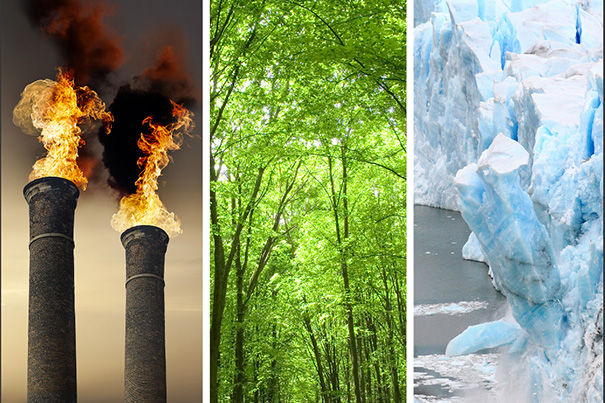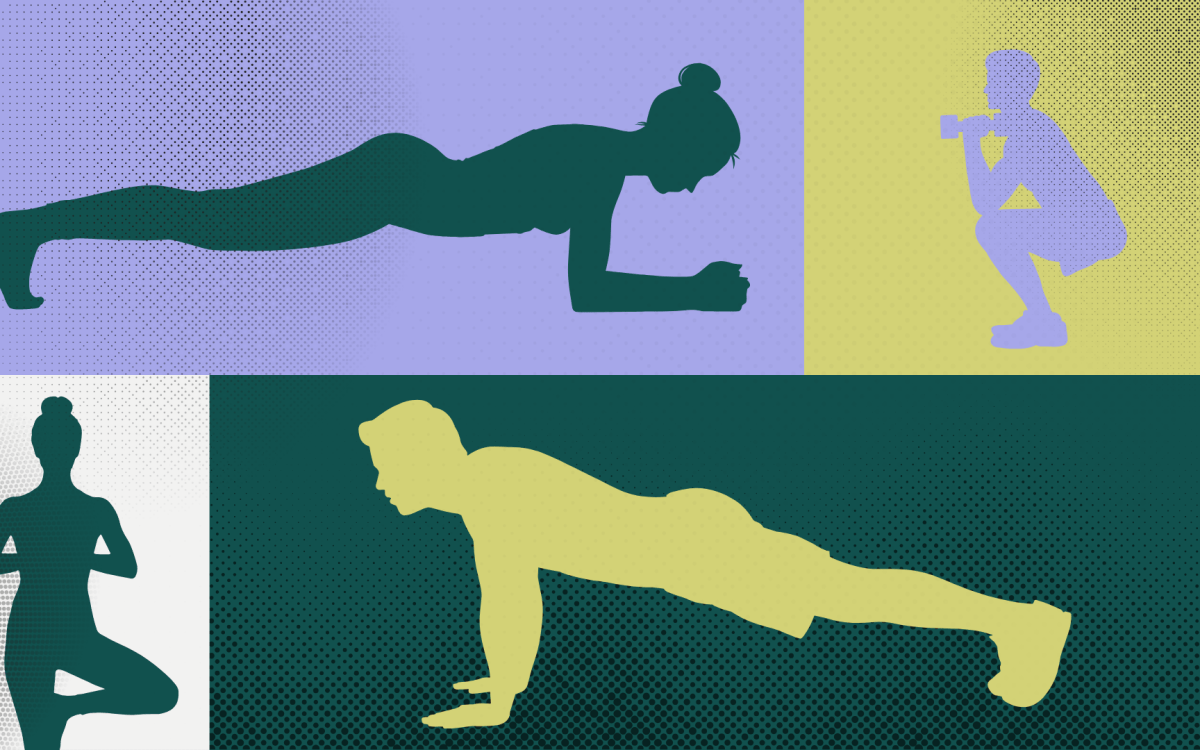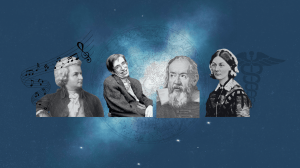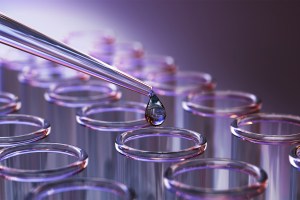Science & Tech
-
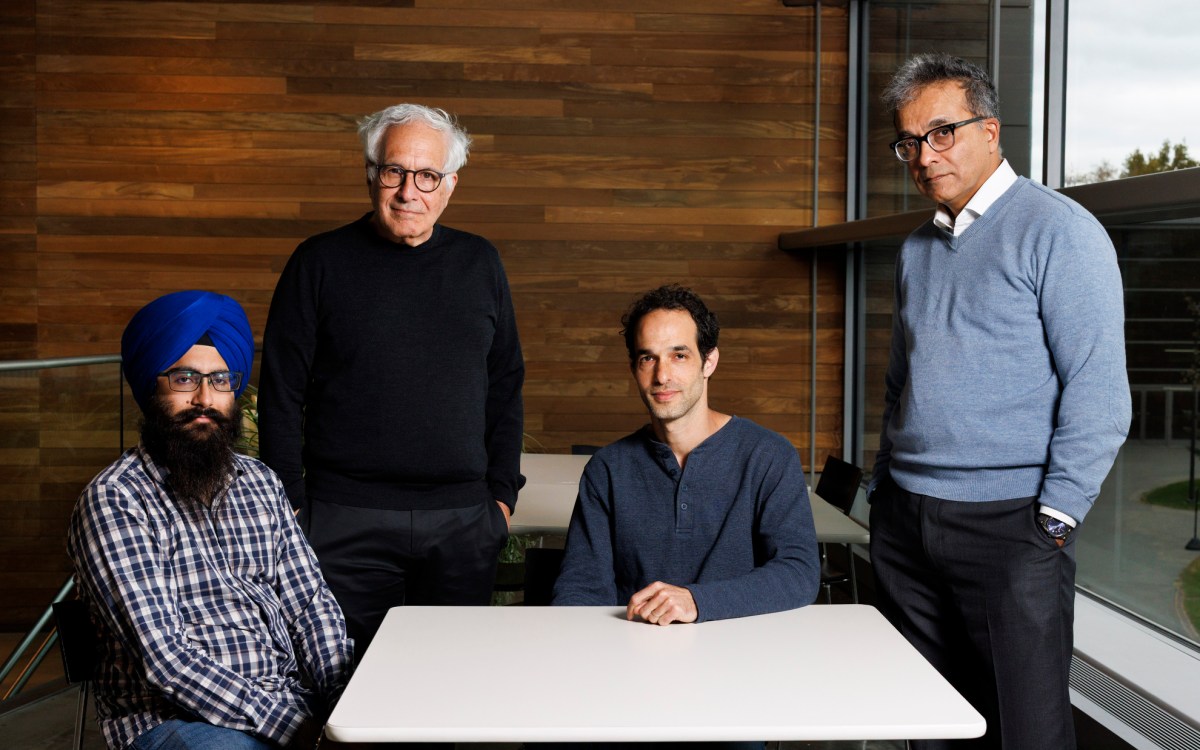
Want to speed brain research? It’s all in how you look at it.
New AI-enhanced scanning method promises to boost quest for high-resolution mapping
-
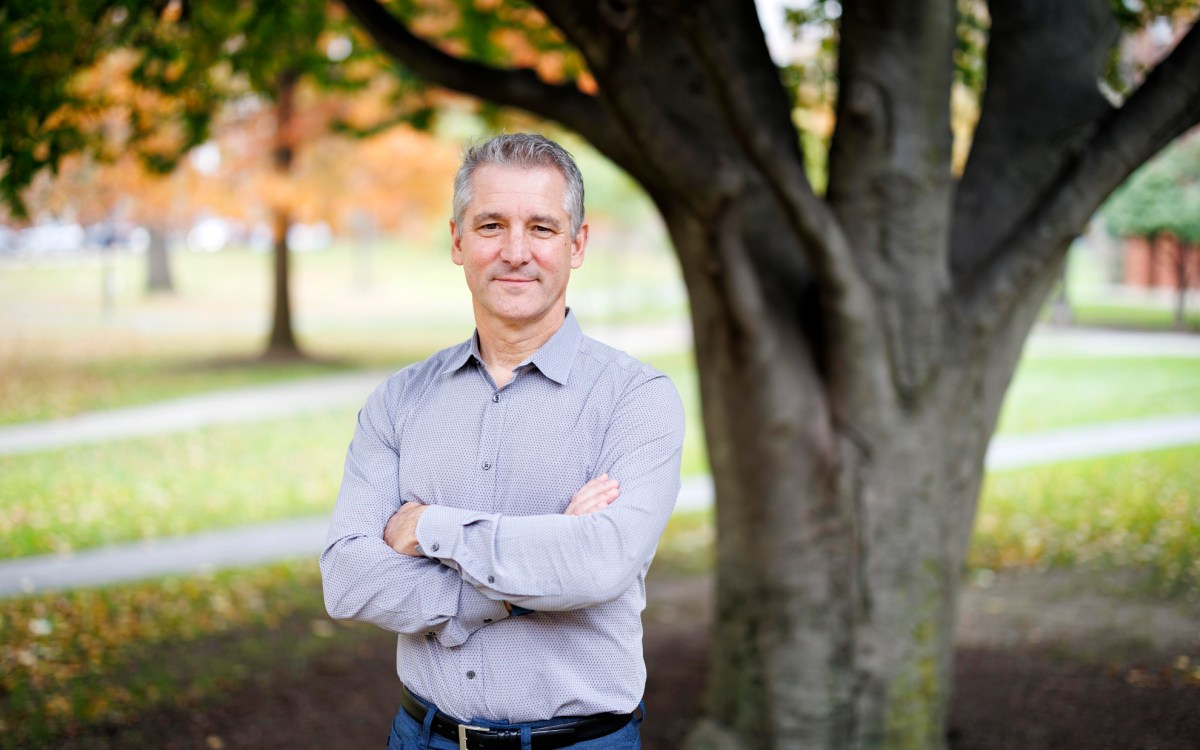
-
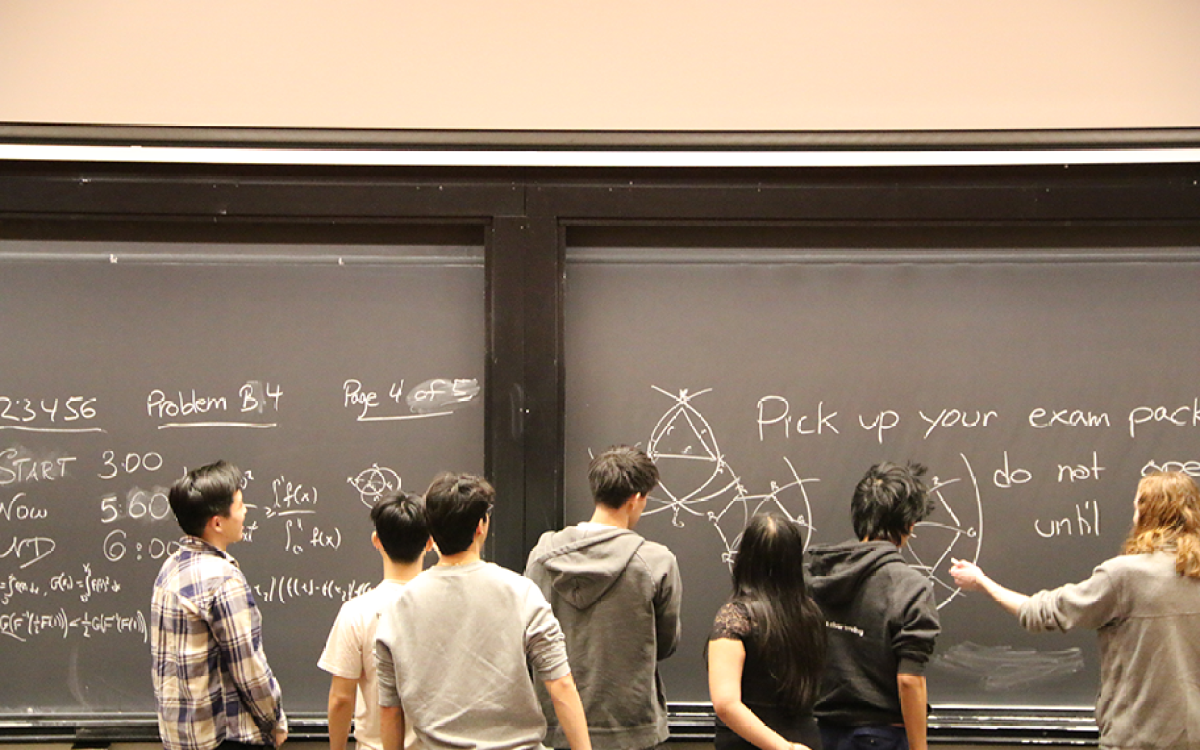
‘It just feels good when you solve the hard problems’
Why do students volunteer to take this notoriously difficult math exam? For the fun of it.
-
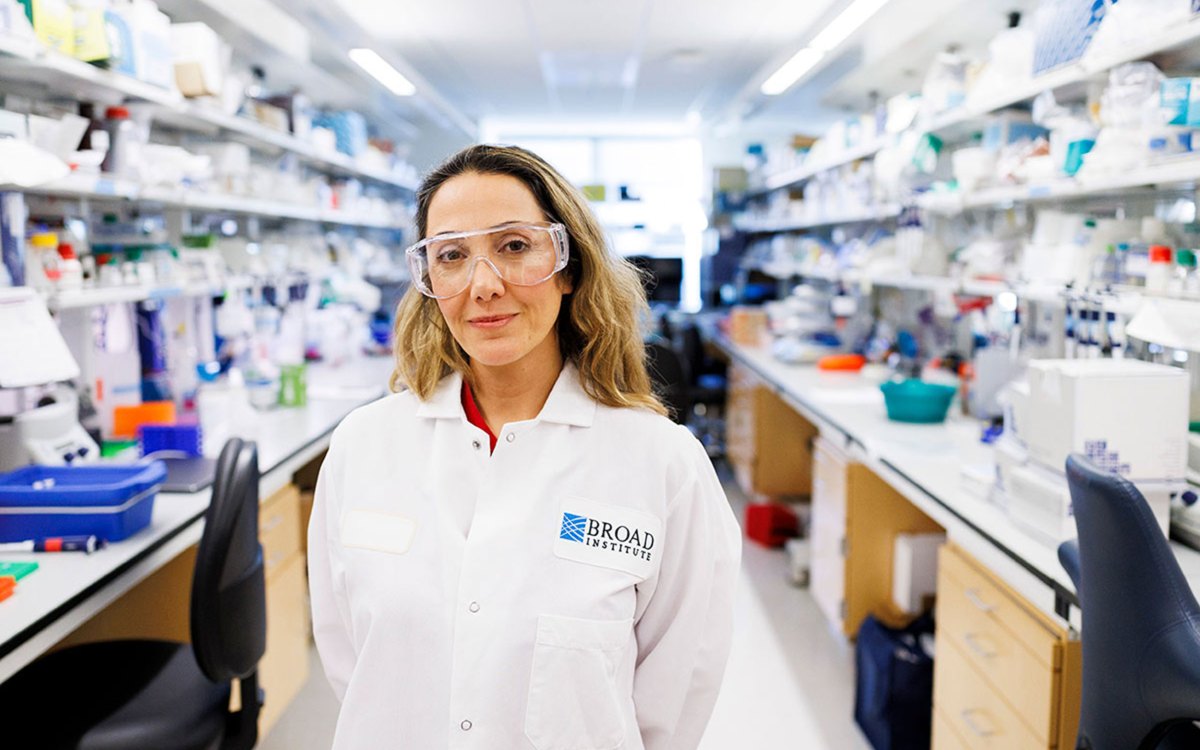
Stopping the next pandemic
Disease surveillance network faced ‘existential cliff’ despite proven success. Then came the $100 million.
-

Rethinking — and reframing — superintelligence
Microsoft researcher says separating AI from people makes systems dangerous and unproductive
-
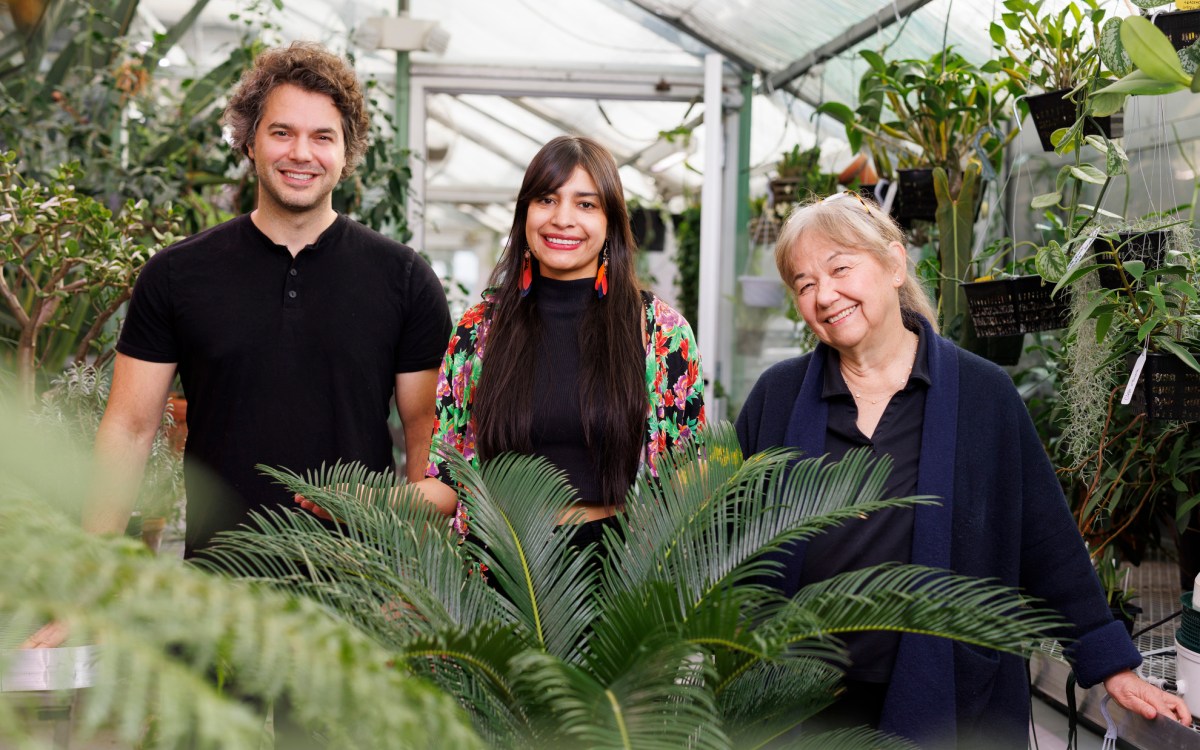
First, male gets heated up, then female, and then, you know
Study shows infrared radiation from plants serves as invitation to pollinating insects
-
And now, the hopping robot
Harvard-designed robot transitions from soft to hard, reducing the stress where the rigid electronic components join the body.
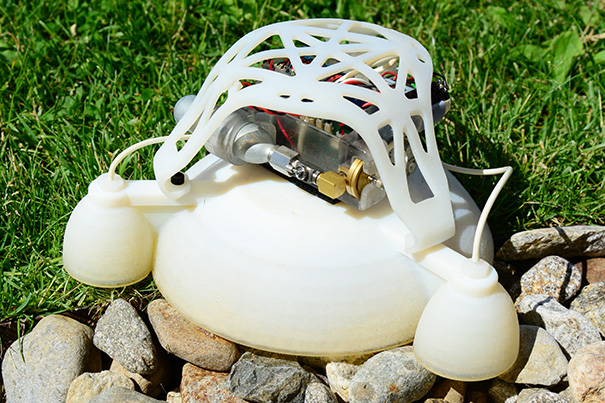
-
Electrifying invention can save young lives
Treatment with inhaled nitric oxide (NO) has proved to be lifesaving in newborns, children, and adults with several dangerous conditions. But the availability of the treatment has been limited by the size, weight, and complexity of equipment needed to administer the gas, and the therapy’s high price — until now.
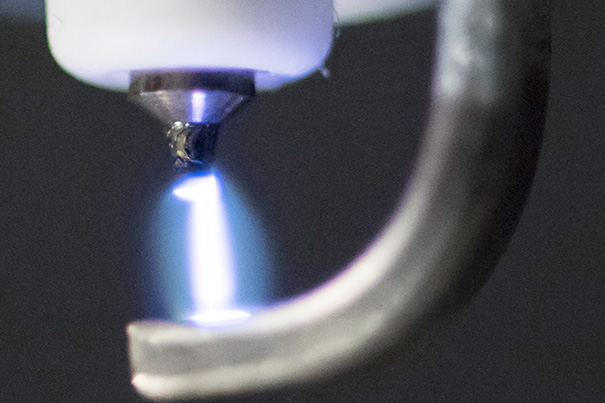
-
Unveiling the ancient climate of Mars
The high seas of Mars may never have existed. According to a new study that looks at two opposite climate scenarios of early Mars, a cold and icy planet billions of years ago better explains water drainage and erosion features seen today.
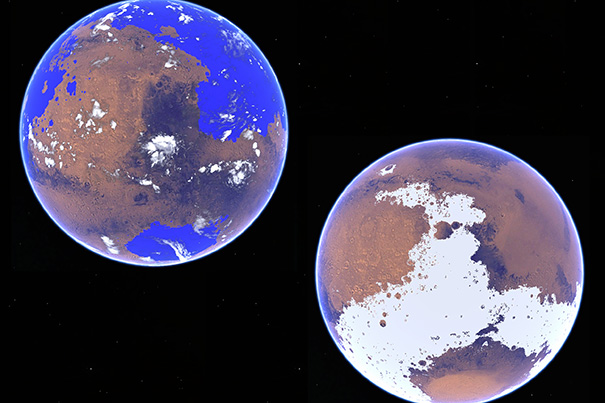
-
Injectable device delivers nano-view of the brain
An international team of researchers has developed a method of fabricating nanoscale electronic scaffolds that can be injected via syringe. The scaffolds can then be connected to devices and used to monitor neural activity, stimulate tissues, or even promote regeneration of neurons.
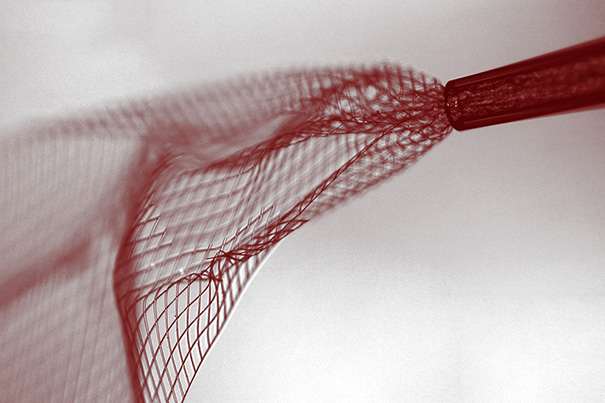
-
A new grasp on robotic glove
Having achieved promising results in proof-of-concept prototyping and experimental testing, a soft robotic glove under development by Conor Walsh and a team of engineers at the Harvard John A. Paulson School of Engineering and Applied Sciences and Wyss Institute for Biologically Inspired Engineering could someday help people who have lost hand motor control regain some of their daily independence.
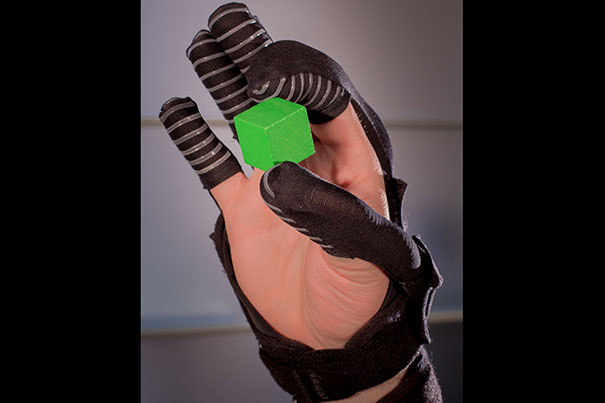
-
Cooking up cognition
A new study suggests that many of the cognitive capacities that humans use for cooking — a preference for cooked food, the ability to understand the transformation of raw food into cooked, and even the ability to save and transport food to cook it — are shared with chimpanzees.
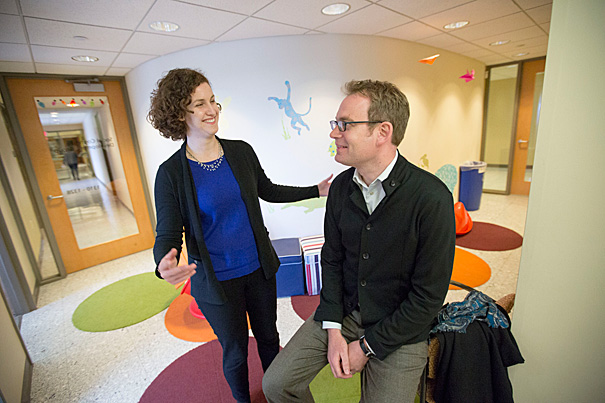
-
Accelerator Fund boosts Harvard tech startups
At Harvard, the Accelerator Fund boosts technologies in engineering and physical sciences, and helps launch companies in robotics, 3-D printing, and materials discovery.
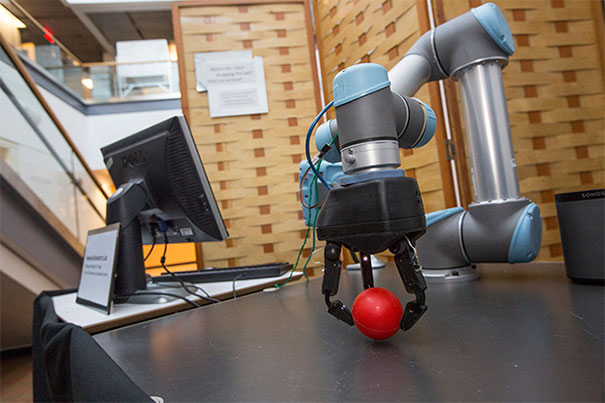
-
An advocate for others
While at Harvard, Veronica Gloria ’15 worked to empower first-generation and Latino students like herself.
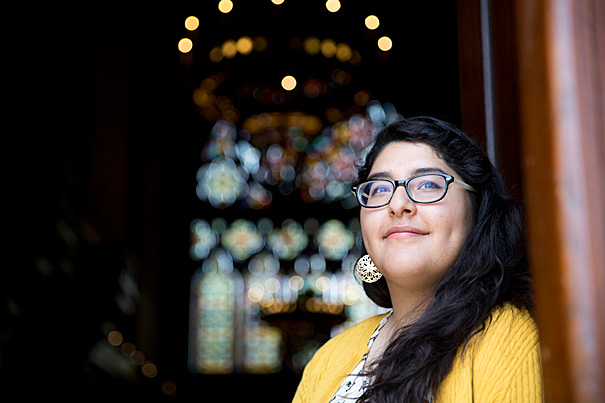
-
Why more ‘hotspots’ aren’t so cool
A new study published today in the Journal of Applied Ecology reports that the number of ecosystem hotspots in Massachusetts has increased over the past decade, with more and more popping up in metro Boston.
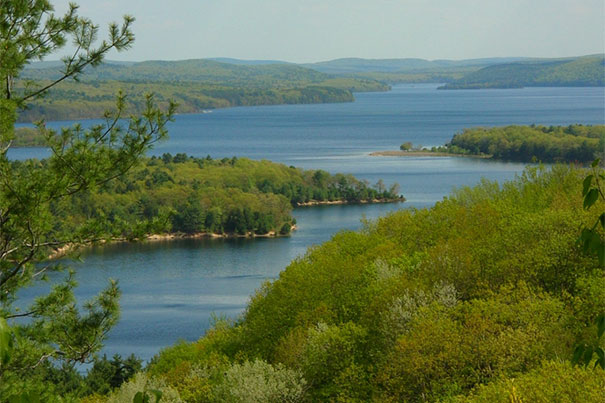
-
A better sense of place
Alyssa Goodman, professor of astronomy at Harvard University, will give a talk titled “Lost Without Longitude” on Thursday at the Collection of Historical Scientific Instruments.
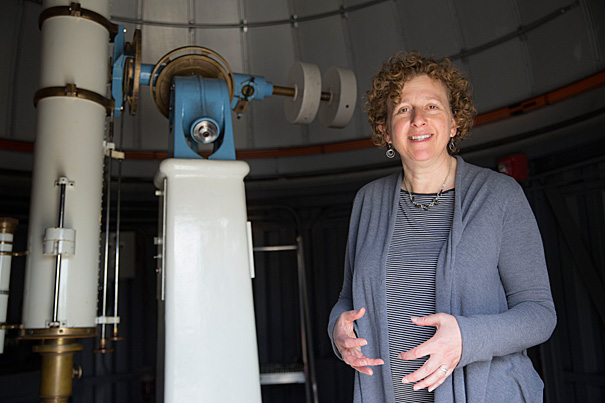
-
Finding problems, designing solutions
The controlled chaos of the fourth annual Harvard School of Engineering and Applied Sciences Design and Project Fair on May 6 offered a taste of the wide range of projects SEAS developed during the school year.
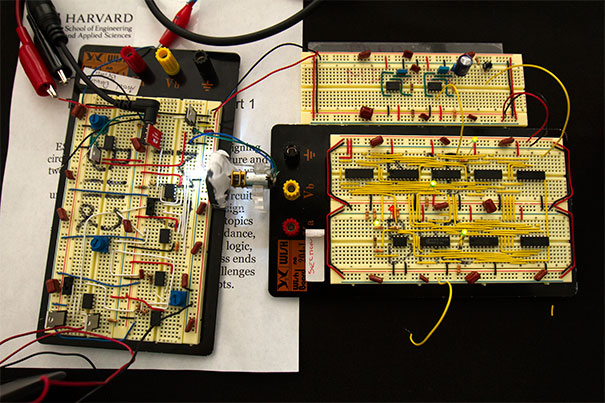
-
Saving the digital record
Changing with the times as the world moves from paper to digital, the Harvard Library has adopted forensic techniques to save material stored on obsolete formats.
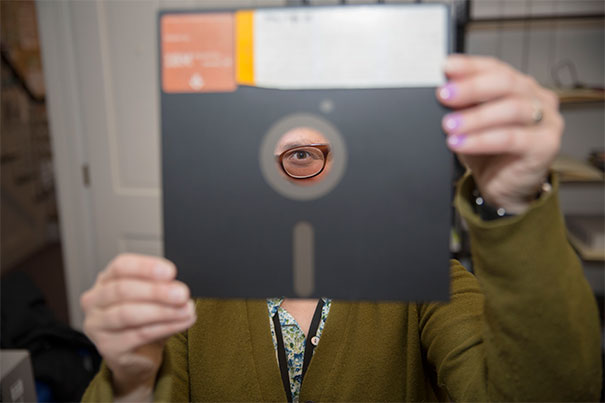
-
The era of climate responsibility
At Harvard’s 10th annual Plant Biology Symposium, climate expert Chris Field talked about the need to evaluate environmental risks in the coming decades even as many people work to reduce climate-warming emissions.
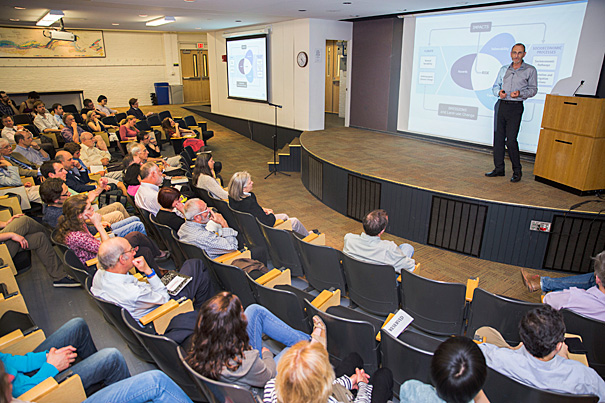
-
Really, try the brisket
Sixteen Harvard engineering students spent the last few months researching, designing, and building a better barbecue smoker. They presented their findings — and some tasty brisket — to guests during the final class presentation.
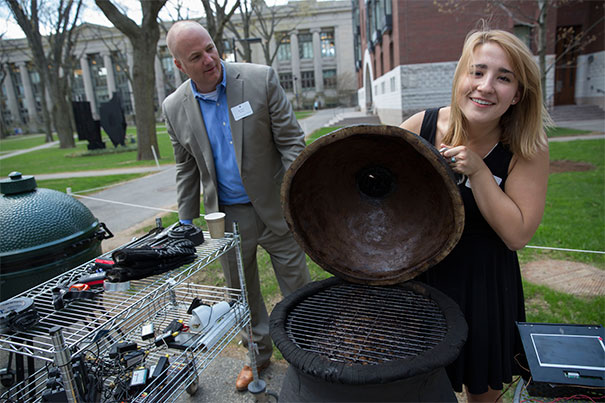
-
Benefits of Clean Power Plan are clear
States will gain large, widespread, and nearly immediate health benefits if the Environmental Protection Agency sets strong standards in the final Clean Power Plan, according to the first independent, peer-reviewed paper of its kind, published May 4 in the journal Nature Climate Change.
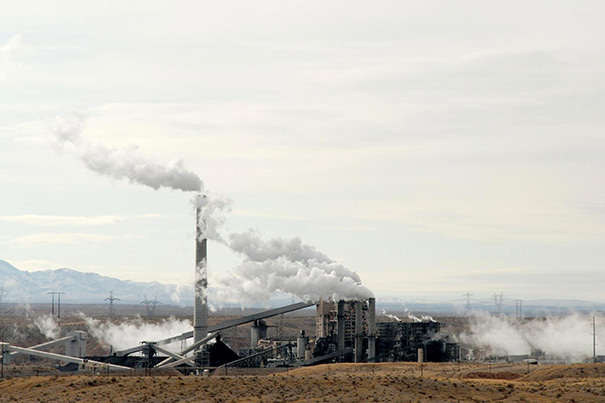
-
Deans’ Challenges winners
Five student-led teams at Harvard were named winners in the third annual Deans’ Challenges, focusing on health and life sciences, cultural entrepreneurship, the food system, and innovation in sports.
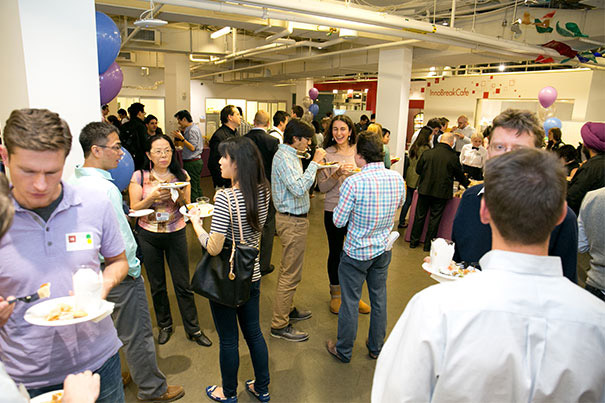
-
Redesigning design contests
A Harvard conference on design competitions — which can be creative, ubiquitous, and troubling — lays out the present controversies surrounding them, and some solutions.
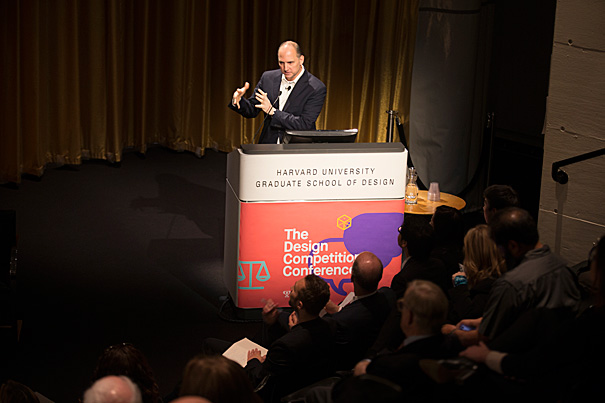
-
The fast-firing universe
Nobel laureate and astrophysicist Brian Schmidt returns to Harvard this week to deliver the Morris Loeb and David M. Lee Lectures in Physics. Schmidt will discuss his discovery that the expansion of the universe is accelerating, as well as the SkyMapper survey of the southern skies and the first stars that emerged after the universe’s dark ages.
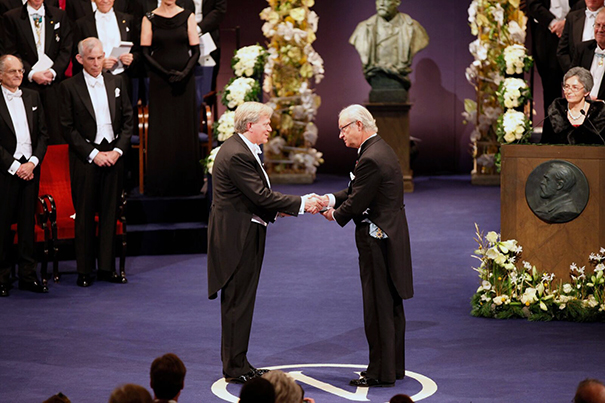
-
Women in sciences
A group called Harvard Graduate Women in Science and Engineering just celebrated a decade of fellowship in those fields.
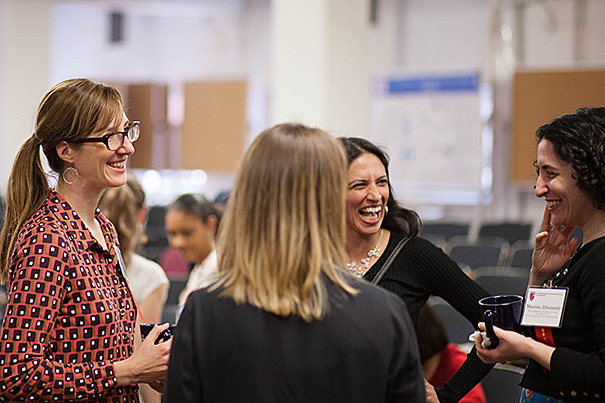
-
Seeking a bisexual revolution
A successful bisexual movement would lead not only to more freedom for bisexuals, but to “liberation of all other groups. In fighting for its goals, it would not forget how all forms of oppression are interlinked,” said Shiri Eisner, author of “Bi: Notes for a Bisexual Revolution,” in delivering the annual Nicholas Papadopoulos Lecture.
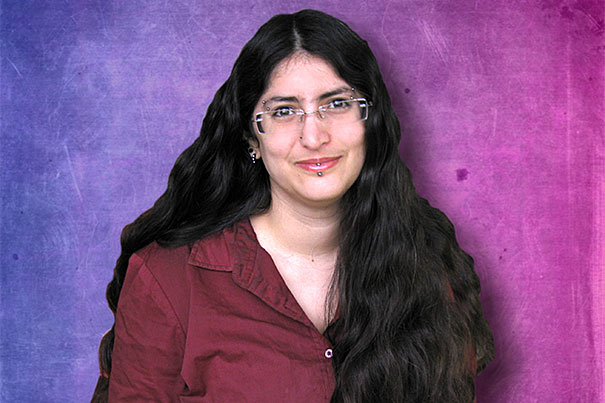
-
Higher than the sky
Terry Virts, commander of the International Space Station and an alumnus of HBS’s General Management Program, chatted live from orbit about his experiences.
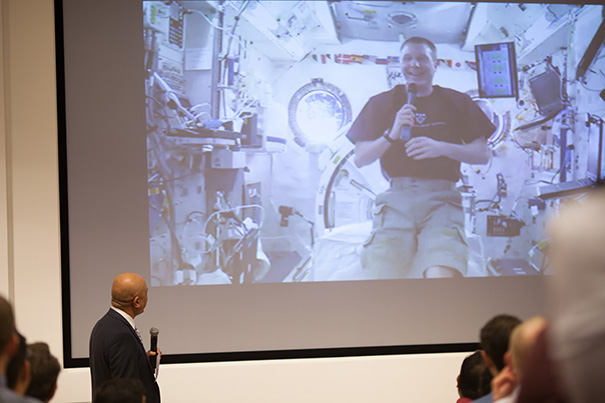
-
Saving Mother Earth
The Harvard Climate Change Solutions Fund is one example of how the University is catalyzing the research and innovations needed to accelerate progress toward cleaner energy and a healthier, more sustainable future.
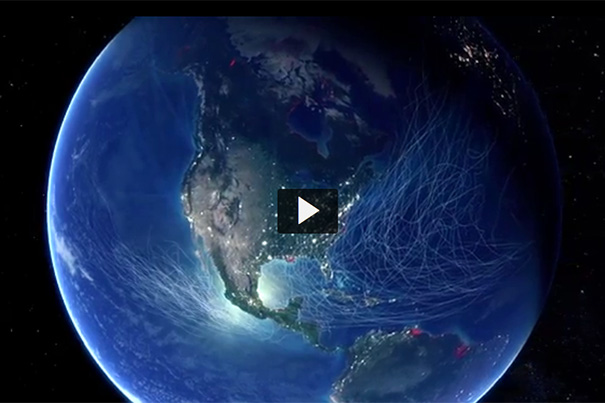
-
A leap for ‘artificial leaf’
Using an electro-chemical process to etch materials, Harvard scientists have developed a system of patterning that works in just minutes, as opposed to the weeks needed for other techniques. Researchers can build photonic structures that control the light hitting the device and greatly increase its efficiency.
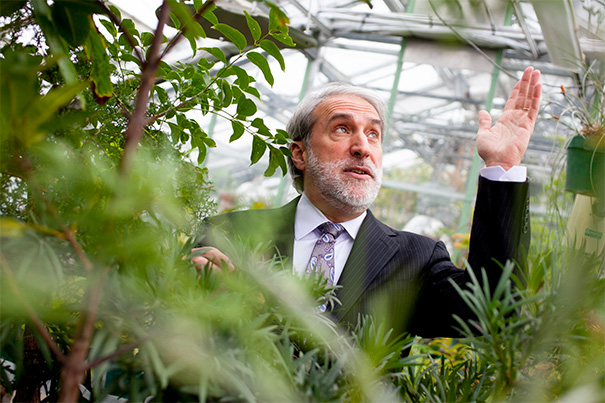
-
Going the distance with microlensing method
NASA’s Spitzer Space Telescope has teamed up with a telescope on the ground to find a remote gas planet about 13,000 light-years away, making it one of the most distant planets known, according to the Harvard-Smithsonian Center for Astrophysics.
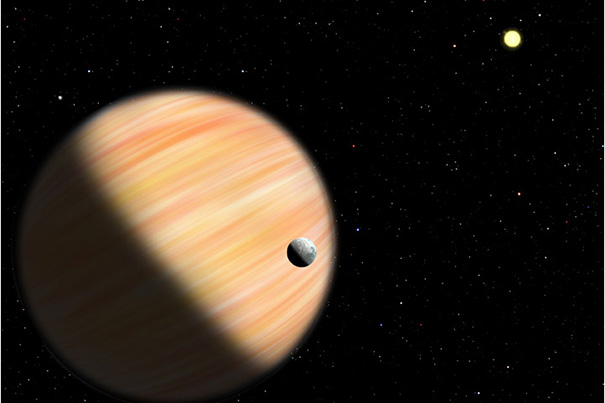
-
Sizing up climate change
Experts on energy, the environment, and climate change gathered at Harvard University’s Sanders Theatre Monday to discuss how governments and universities can help meet the challenge.

-
Making sustainability part of the business
Unilever CEO Paul Polman outlined the multinational corporation’s commitment to environmental sustainability during a talk at Harvard Business School’s Spangler Center on April 10 as part of Climate Week events at Harvard.
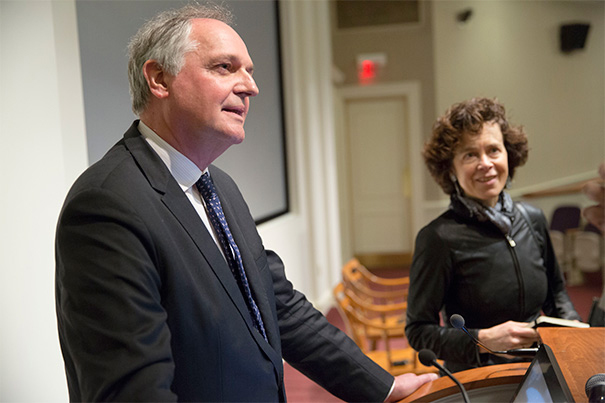
-
Bullish on clean energy
Physicist Amory Lovins outlined a path to a clean-energy future in the United States during a talk at the Kennedy School.
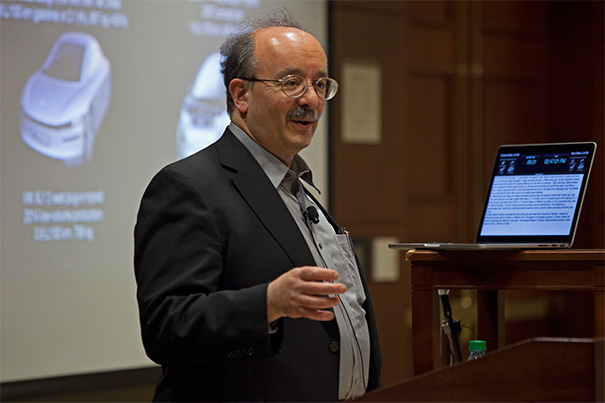
-
A focus on food
The Harvard Food Law Society and the Food Literacy Project hosted the “Just Food? Forum on Justice in the Food System” at Harvard Law School (HLS).

-
Reunion and reassessment
Generations of concentrators in Environmental Science and Public Policy returned to Harvard for the first reunion involving the more than 20-year-old concentration.
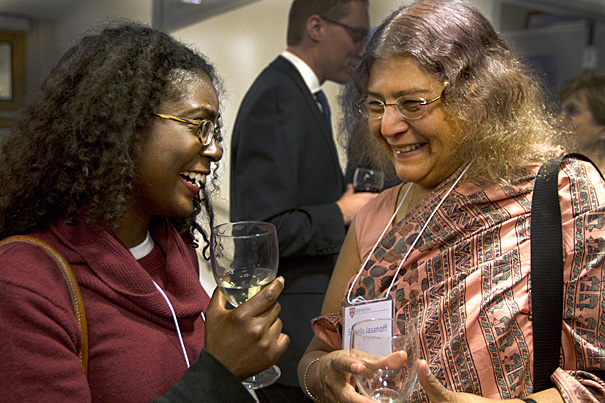
-
Let’s talk climate change
The Harvard University Center for the Environment is sponsoring Climate Week, featuring breakfasts with scientists working on the problems along with a variety of climate-centered activities, from talks by prominent scientists to poetry readings to informal gatherings.
